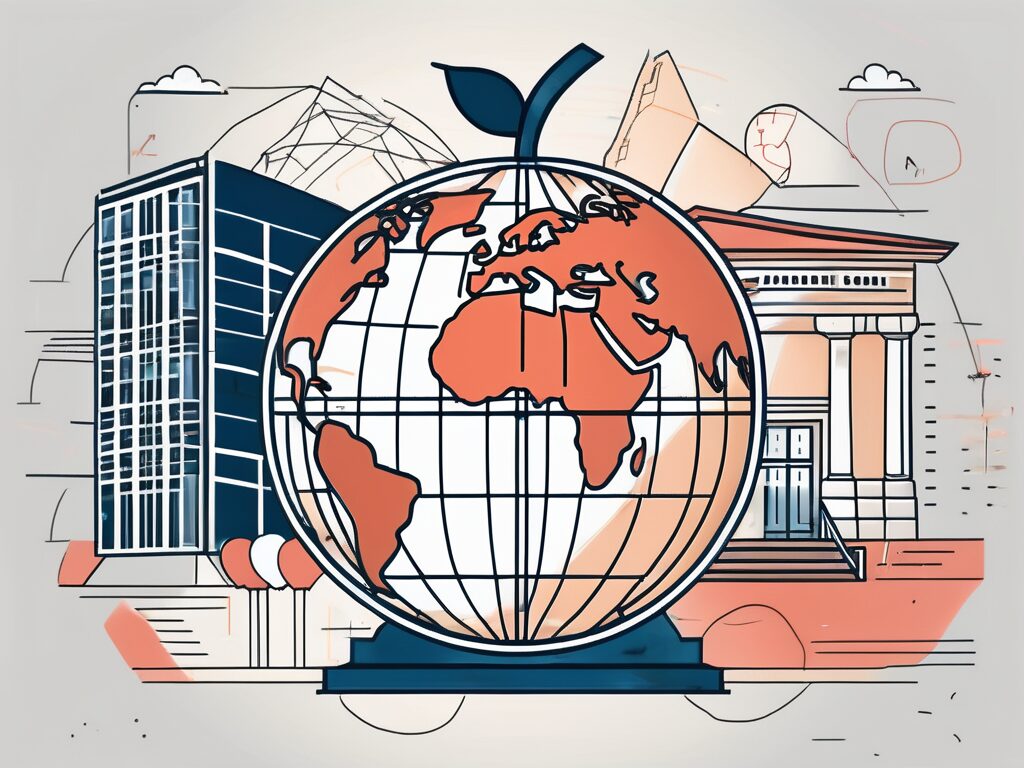What Are the Biggest Environmental Issues in Cambodia?
Cambodia, a country rich in cultural heritage and natural beauty, faces significant environmental challenges that impact its ecosystems and communities. For aspiring international educators, understanding these issues is crucial, not only for personal awareness but also for contributing to sustainable solutions. In this article, we will explore the major environmental concerns in Cambodia and how educators can play a role in addressing them.
Why Is It Important for Aspiring International Teachers?
Understanding Cambodia’s environmental issues is vital for educators who wish to work in the region. The job market increasingly values teachers who are environmentally conscious and can integrate sustainability into their curriculum. According to recent data, schools in Cambodia are seeking educators who can contribute to environmental education and awareness, making it a valuable skill set for job seekers.
Key Skills or Qualifications Required
To effectively address environmental issues in Cambodia, aspiring teachers should focus on acquiring the following skills:
- Environmental Science Knowledge
- Sustainability Practices
- Community Engagement Techniques
- Curriculum Development with a Focus on Environmental Education
Steps to Get Started
For those interested in teaching in Cambodia and contributing to environmental solutions, consider the following steps:
- Obtain relevant certifications in environmental education.
- Gain experience through volunteer work or internships focused on sustainability.
- Participate in training programs that emphasize eco-friendly teaching methods.
Challenges and How to Overcome Them
Teaching in Cambodia comes with its own set of challenges, particularly in the realm of environmental education. These include limited resources, cultural differences, and varying levels of environmental awareness among students. To overcome these challenges, educators should:
- Adapt teaching methods to local contexts.
- Utilize available resources creatively.
- Engage with local communities to foster a collaborative approach to learning.
Best Practices and Tips for Success
To succeed as an international educator in Cambodia, consider these best practices:
- Incorporate local environmental issues into the curriculum to make learning relevant.
- Use project-based learning to encourage student participation and interest.
- Stay informed about the latest developments in environmental science and education.
Success Stories or Case Studies
One inspiring example is the work of a group of international teachers in Phnom Penh who developed a community garden project. This initiative not only educated students about sustainable agriculture but also provided fresh produce to local families, demonstrating the impact of hands-on environmental education.
Conclusion
Understanding and addressing the environmental issues in Cambodia is not only crucial for the country’s future but also offers a unique opportunity for international educators to make a meaningful impact. By equipping themselves with the right skills and knowledge, teachers can contribute to a more sustainable world while advancing their careers.
Want to become a teacher in a Tier 1 international school? Join the course here.

